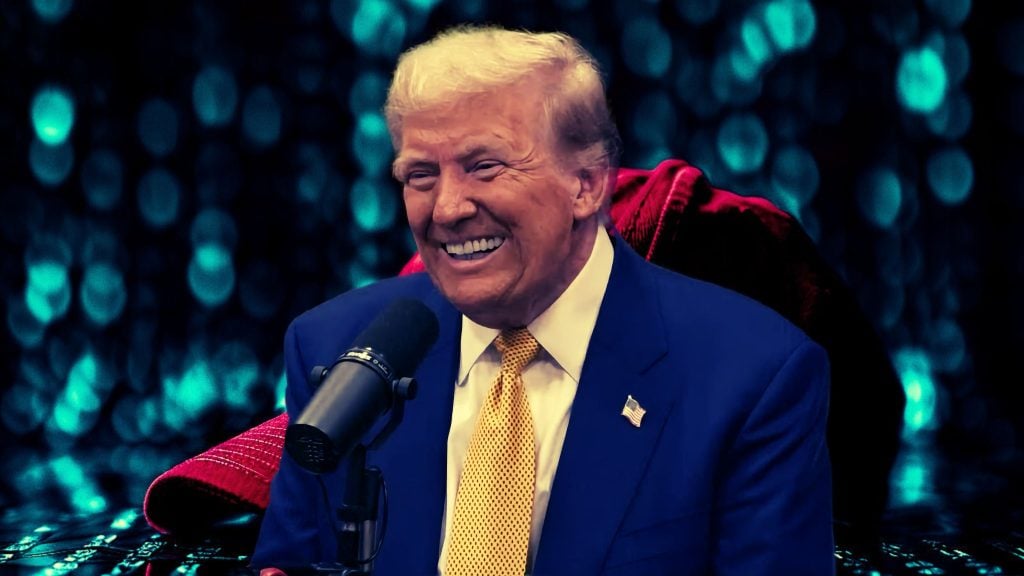Big Tech and its allies continue to pull out all the lobbying stops in an effort to build a credible narrative that says bills aimed at curbing various forms of antitrust behavior are bad for national security.
But Big Tech critics say that a more level playing field, once again allowing true competition and innovation into the US tech market, could only harm existing giants’ controversial business models.
Congressman Eric Swalwell, a Democrat from California, is one of those who disagree with that, as he is now particularly vocal in his opposition to proposed bipartisan laws like the American Innovation and Choice Online Act (AICO) and the Open App Markets Act (OAMA), that would result in stripping Apple and Google of their ability to strictly control (including through censorship) their super-lucrative app stores and give preferential treatment to their products.
Swalwell frames his concerns as security-motivated, and in very broad, geopolitical terms: judging by his statements, if Google and Apple were no longer able to discriminate against competitors and favor their own products over those of other businesses on the two app stores, this would benefit – Russia and China.
He told Punchbowl News that Beijing “could flood the app store(s) with apps that can vacuum up consumer data and send it back to China.” And another result in this scenario would be Moscow churning out apps with the goal of spreading disinformation about US elections.
Swalwell further shifts the focus from antitrust issues that the bills aim to solve, to politics and national security, and wants top law enforcement agencies and bodies like Judiciary Committee of the House, the National Security Agency, the Federal Bureau of Investigation, and Homeland Security to organize a hearing and look into “harms” of forbidding tech giants from self-preferencing.
“I just want to limit the ability for any bad actor to get into your device, whether you’re an individual or small business,” he said.
Swalwell also compared introducing market fairness that would challenge the enormous control and power the two tech juggernauts now wield over their app stores with “turning the app store into a flea market.”
And then the congressman compared freedom to download apps to forcing a “small custom jewelry store owner to take anyone’s jewelry and sell it in their shop.”
The bills have stalled, Swalwell agreed with the interviewer – and that’s because of security concerns, he said.














